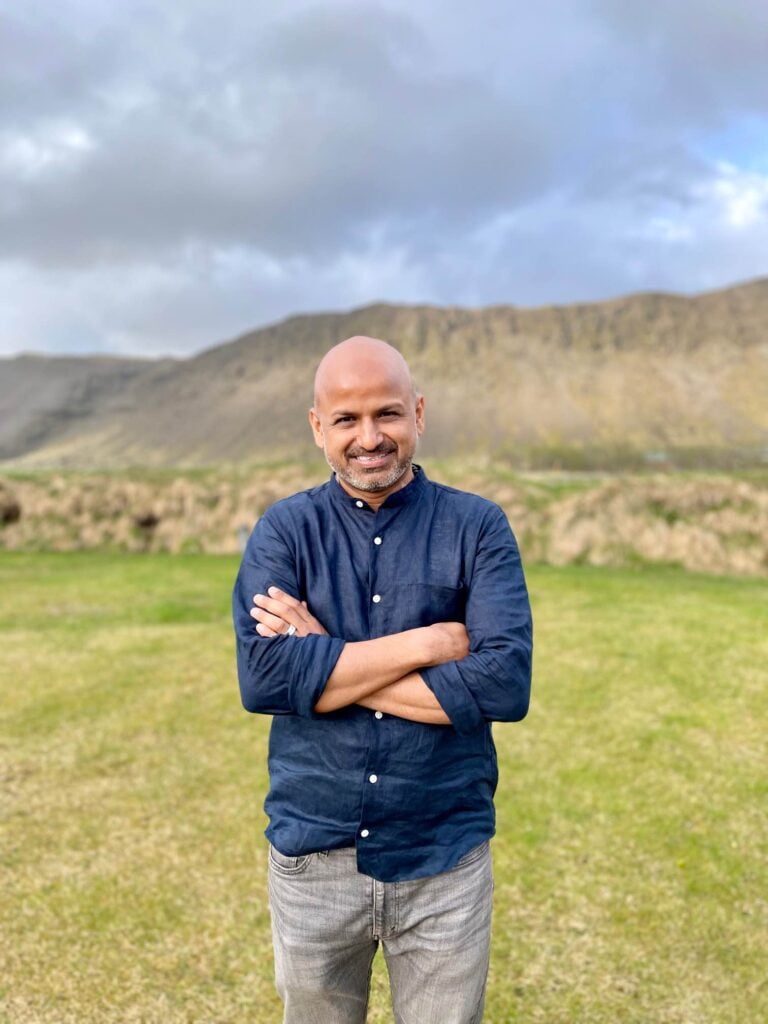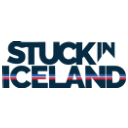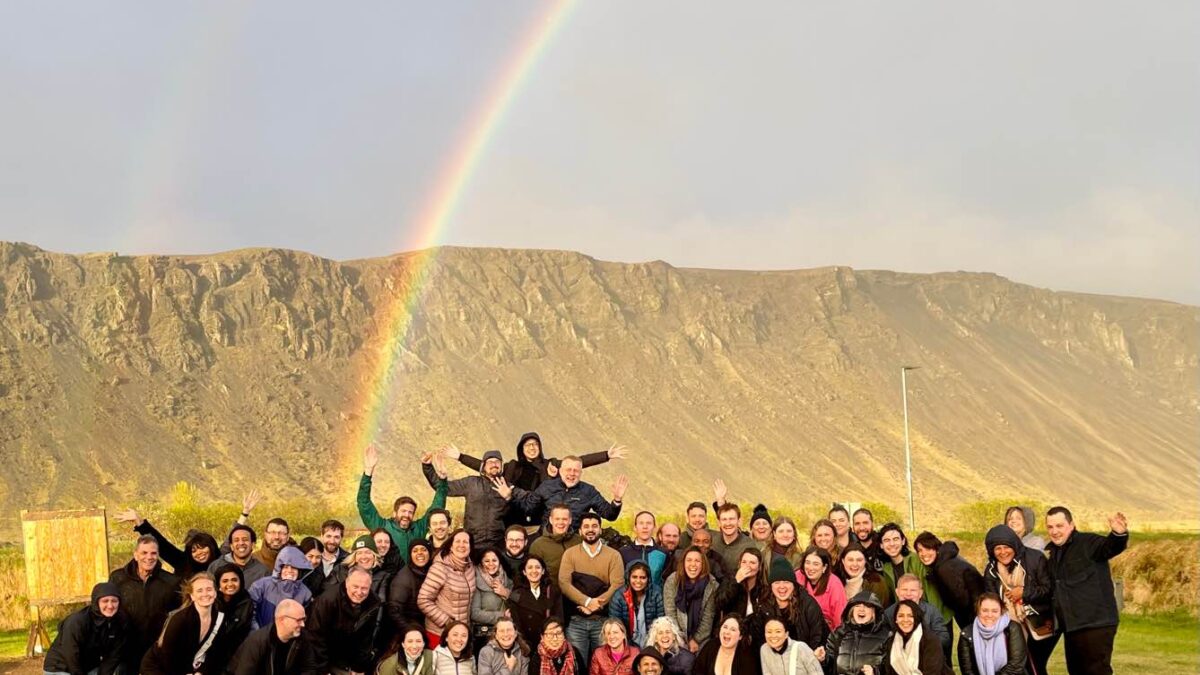Rafat Ali, a celebrated Indo-Brit-American entrepreneur, journalist, and media executive, stands at the intersection of travel, media, and the creation of meaningful business cultures. Born in the UK, Ali has a multifaceted technology, journalism, and entrepreneurship background and resides in New York.
Subscribe to my newsletter for exclusive discount codes that will give you savings on 150 Iceland tours and travel services.
Subscribe to the Stuck in Iceland newsletterReceive exclusive promo codes for tours, car rental, camper van rental, and outdoor clothing rental. Get occasional updates about new content. I will never give your data to a third party without consent.
Thank you
Jon Heidar, Editor of Stuck in Iceland Travel Magazine

He is best recognized as the CEO and Founder of Skift, the most influential business media and marketing company in the travel industry. Skift has made a significant global impact by providing news, information, data, and services to key stakeholders in the world’s largest industry.

Ali was named the most influential business leader in the travel industry last year because of his large online following on various social networks. Frequently invited to speak at industry events and conferences, Ali is also an angel investor in early-stage travel startups, further establishing him as a leading voice in digital media.
Ali and the 75-strong global Skift team chose Iceland for their annual Skift team retreat in 2023. As described on their site, this is a full circle for the company, which held its first retreat in 2014. I was curious to get Ali’s perspective on what has changed here in Iceland during this decade and after the COVID-19 pandemic.
Hey Rafat, thank you for taking the time for this interview. How was the Skift retreat here in Iceland?
Incredible. The dual-purpose Skift of our annual retreat is bonding with our globally dispersed team and immersing ourselves in a globally relevant destination. The connections, bonds, and memories we built in Iceland remind us why travel is the most important industry and inspires us to do more.
This comes full circle for me, revisiting Iceland with our team of almost 70 after traveling herea decade ago with the Skift team of 10 at that time. This was my 7th time in Iceland since my first time in May 2010, right after the Eyjafjallajökull volcano stopped, the start of my then two-year sabbatical travels. I have been besotted with Iceland since.
Skift and other travel companies are now through the difficulties caused by the COVID-19 pandemic. How do you see the next 5 – 10 years for Skift?
We are now leaving any overcast from the pandemic behind and entering a new era where the industry is flourishing, despite any political or economic woes. Consumers are demanding to travel, and our industry needs to respond – more creatively and efficiently than before – and we’re starting to see this in many ways. We’re about to enter the most creative and innovative era in travel yet, and Skift plans to be at the forefront of covering this and leading the discussion.
Our vision is to be the most influential global force in travel, and I humbly say we are well on our way, 11 years in.
And we take the “global” part very seriously; in the coming years, our expansion will happen in various geographies around the world AND will also happen vertically, with Skift going deeper into multiple sub-sectors of travel such as tour operators, travel agencies, short-term rentals and more.
The Skift team has covered the Icelandic travel industry for a decade now. What changes stand out to you?
We coined the term “over-tourism” in 2016 in a deep dive into Iceland’s then-booming and fast-rising tourism economy. Since then, things have improved, including infrastructure and destination management all around. The industry’s professionalization here, from tours and tour guides to small businesses, has all accepted and supported tourism and visitors. That’s been fascinating to watch.
The food choices, particularly in Reykjavik, have improved dramatically in the last few years. That is honestly a relief.
What are the top three things Icelanders could do to better welcome visitors?
The airport hub must expand beyond Keflavik to other international airports and relieve the stress on this small geographic area versus spreading it around the country.
It is a costly destination that has always been and has only worsened this year. I understand the need to get high-value tourists, but this is getting out of hand. I don’t know the solution; that would have to come from a legislative perspective.
(Editor’s note: It is good then that I have discount promo codes to make Iceland more affordable!).
What are your favorite places and activities here in Iceland?
This will sound silly, but one of my favorite things to do as soon as I land is to drink the chilled water right out of the tap, the fresh untreated Icelandic water; it is one of the freshest feelings in the world. Filling my water bottle and drinking from a fresh stream in the countryside is even better.
Up north, driving in and around Isafjordur was one of my all-time memories of Iceland on all these trips…AND hiking in the Hornstrandir Nature Reserve is the best hike to do in the country.
The drive around Snaefellsnes peninsula and stopping for great views and pics is also one of my all-time favorites.
Blue Lagoon is still worth it every time despite being very popular at times and crowded.
What advice do you have for those visiting Iceland for the first time?
Certainly spend a day or two in Reykjavik but visit the far sides of the island as well, whether Vik for the black sand beaches or drive around the Snaefellsnes peninsula or even the Jökulsárlón glacier lagoon, which is a bit far for a day trip. And oh, bring a water bottle and drink straight from the source!




